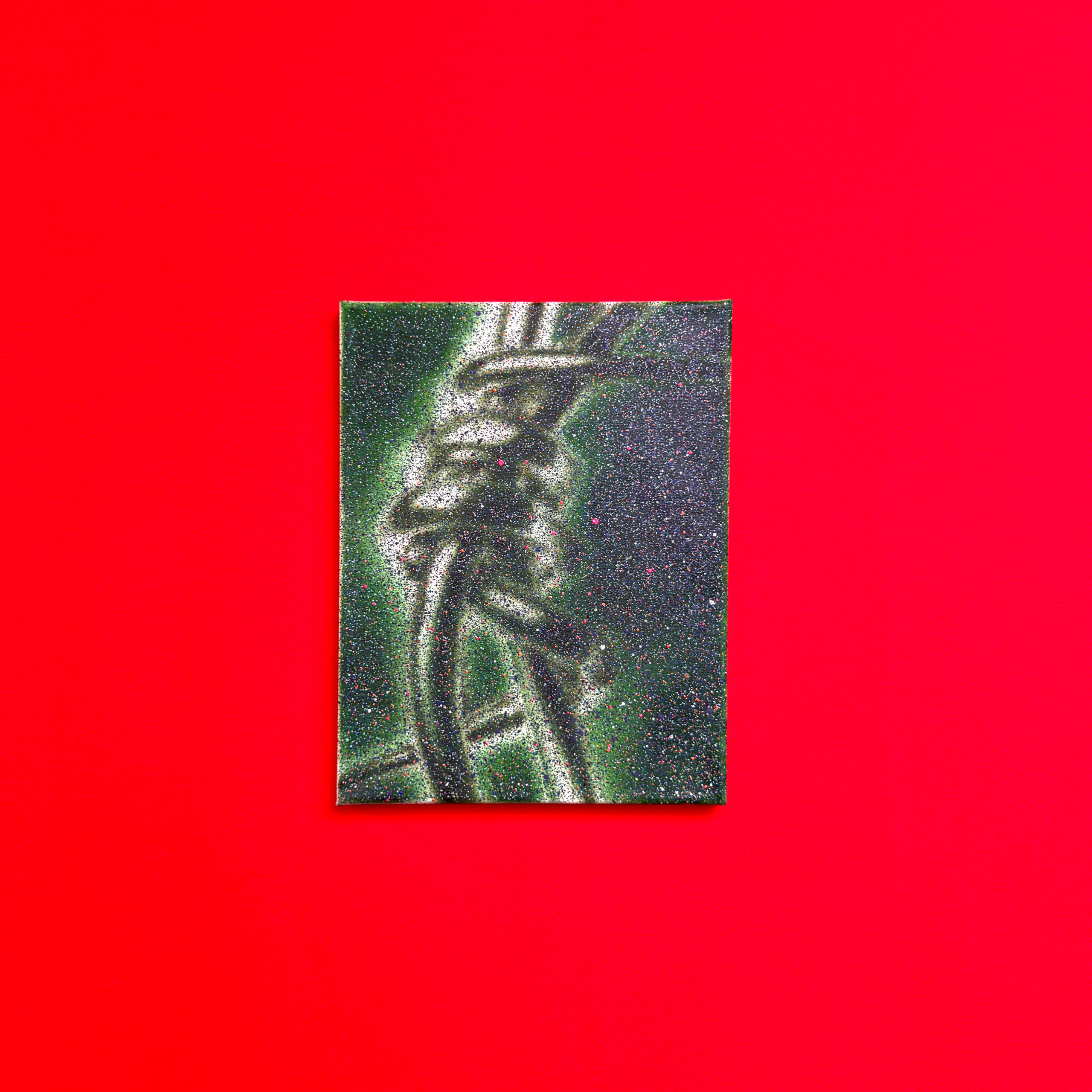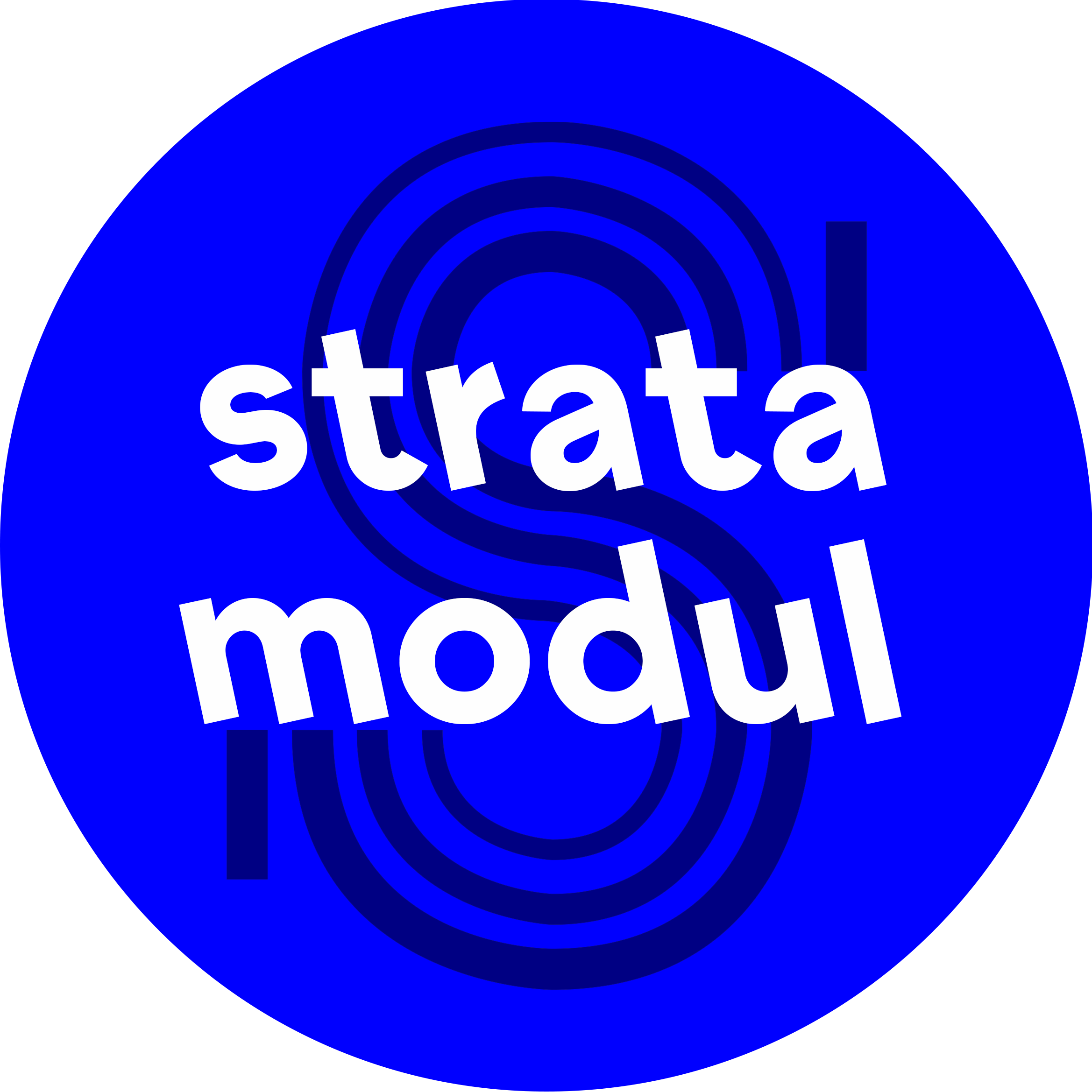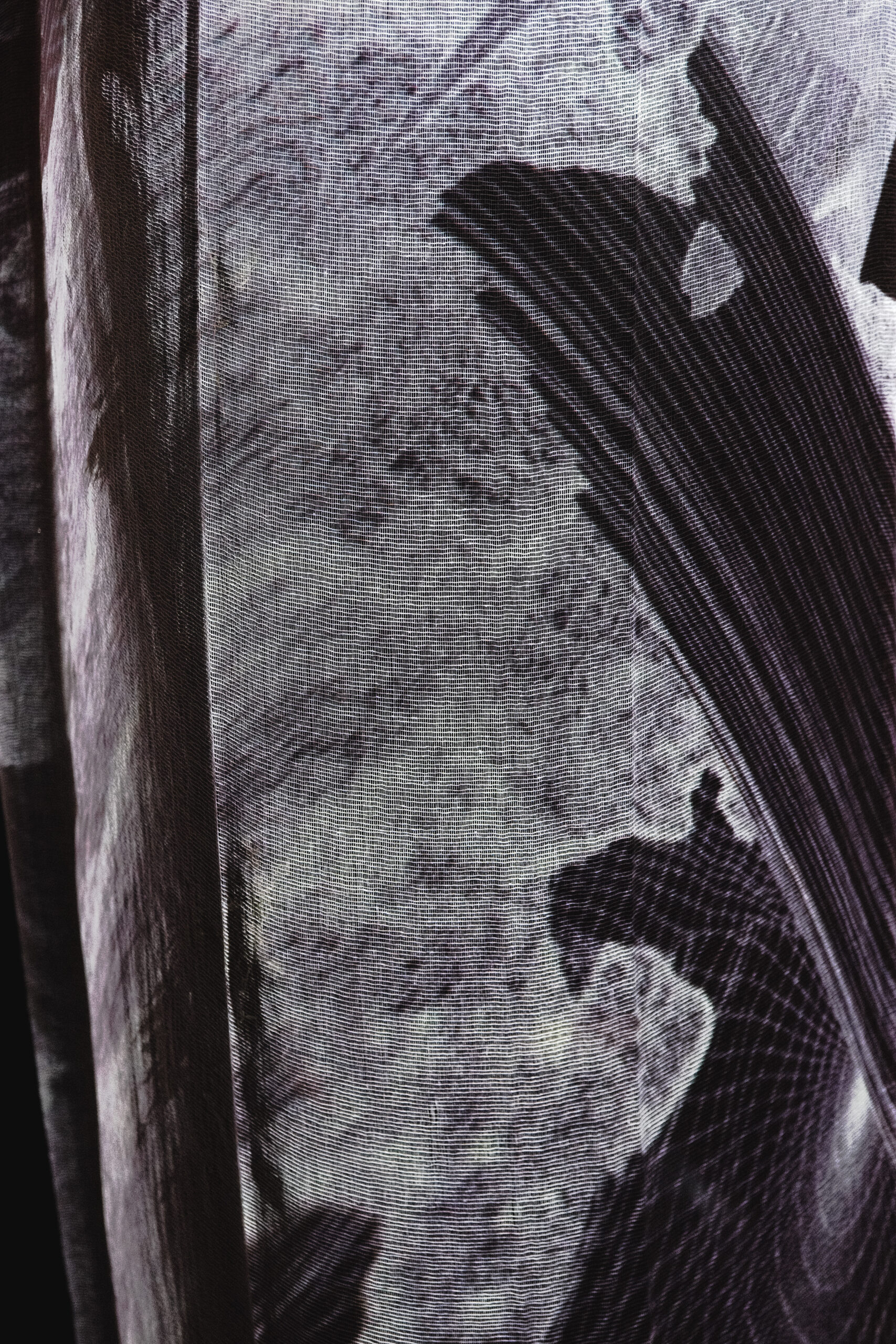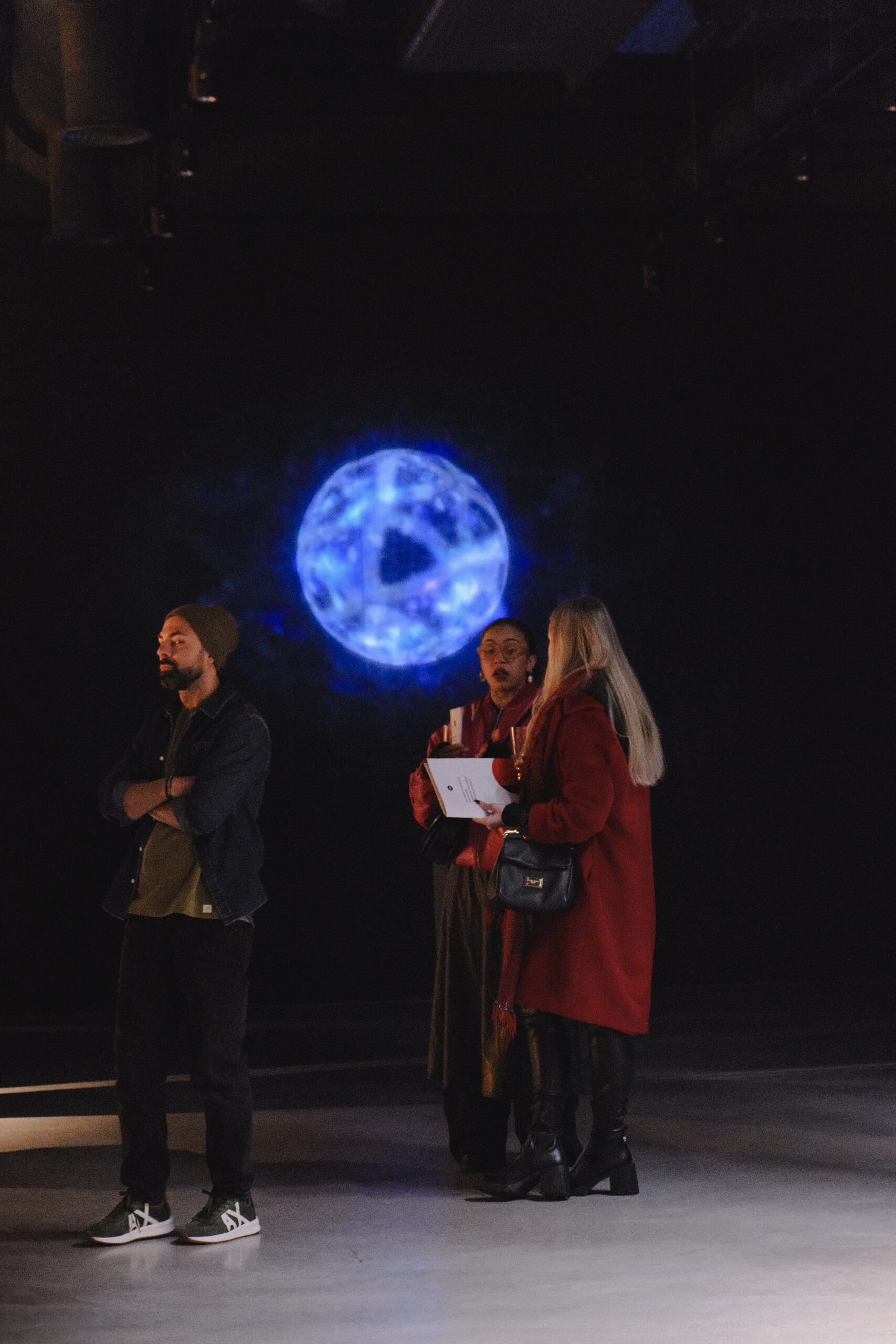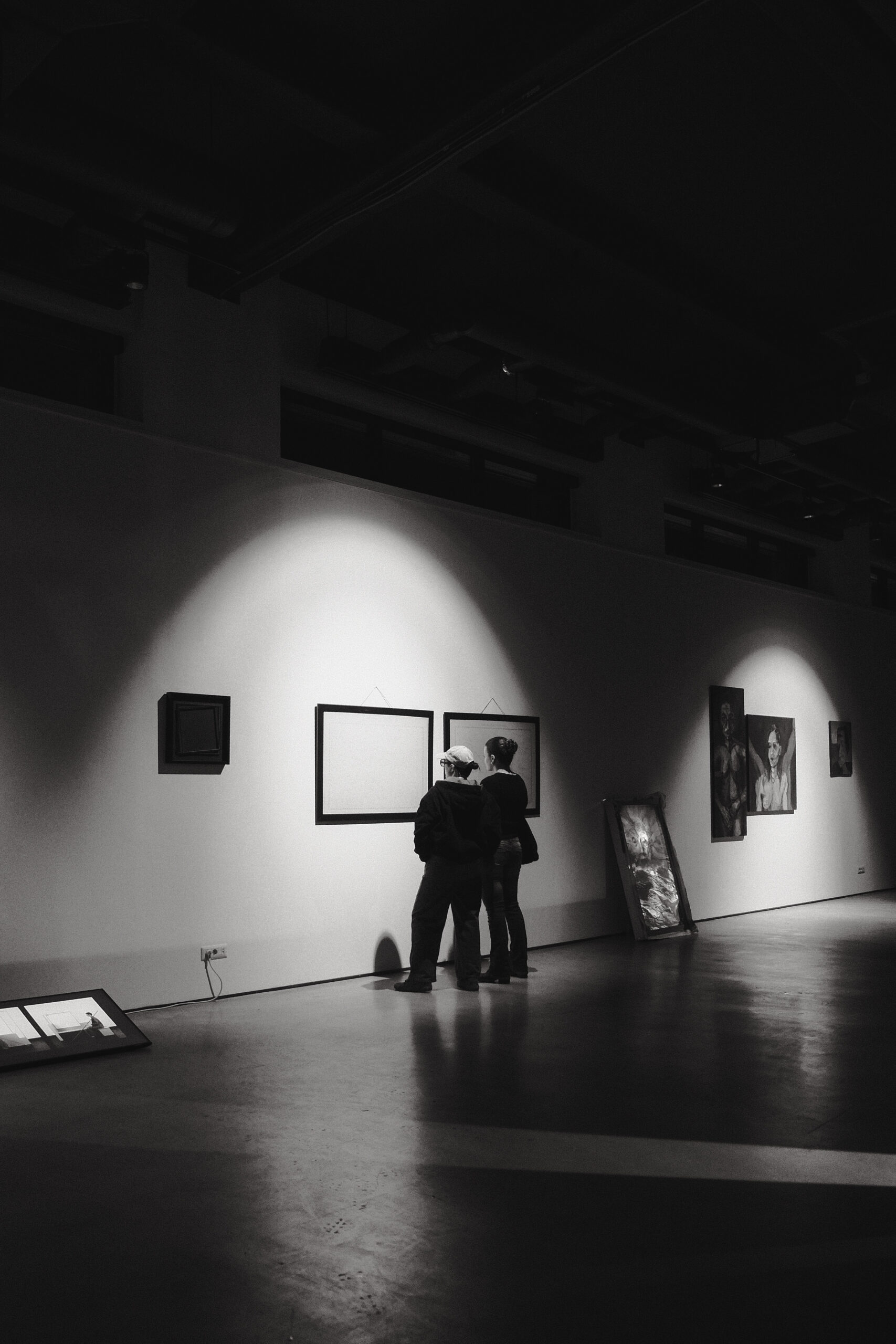“We Won’t Return to Normality, Because Normality Was The Problem” is more than a mere display of art - it is a thought-provoking call to rethink the systems that have long shaped our every day lives. Hosted by Strata Modul, curated by Eugen Rădescu and Jarvis AI, this exhibition urges us to question whether our familiar routines and structures are truly conducive to a righteous and sustainable future.
At its core, the exhibition deconstructs the notion of normality, it challenges the comfort of familiarity. For many, “normal” represents images of stability, a comforting return to what we once knew. However, the artworks and ideas on display reveal that this return to the old ways would mean re-embracing systems steeped in inequality, environmental degradation, and exploitative work cultures. The title itself acts as a manifesto, suggesting that the pre-crisis status quo - whether before the COVID-19 pandemic, climate emergencies, or social upheavals - was inherently flawed. It means we all lived with a veil covering our eyes.
What often goes unnoticed in everyday life is how normality, as a social construct, conveniently obscures deeper issues. The exhibition invites us to peel back layers of routine: from the exploitative dynamics in work environments to the systemic marginalization that perpetuates social inequality. Art here becomes a lens, magnifying the subtle injustices embedded in the never ending symmetry of the days and forcing a confrontation with uncomfortable truths. It’s a reminder that what we accept as “normal” isn’t necessarily natural or fair - it’s a product of historical choices and often, deliberate indifference. We decide what we classify as normal.
Art often works as a catalyst for transformation. One of the most compelling aspects of this exhibition is its insistence that art is not just decorative or reflective it’s transformative. By engaging with art that raises question marks, audiences are encouraged to imagine alternatives to a society built on outdated paradigms. The participating artists, including Raul Bratu, Bogdan Matei, Daniel Roșca, Arantxa Etcheverria, and Hortensia Mi Kafchin, use innovative mediums and creative imagery to illustrate that a new normal is not only possible but necessary. Their work speaks to a future where technology and human values intersect more harmoniously - a future where digital humanism guides progress rather than dictating it.
In order to go beyond the aesthetic layer of physical matters, a deeper intellectual inquiry is needed. What many miss in discussions about such exhibitions is the underlying philosophical inquiry: what do we really lose when we cling to “normality”? This invites us to consider that normality may be a barrier to genuine progress. It theorizes that the crisis moments we endure - be it a global pandemic or a climate emergency - are not just disruptions to be overcome, but opportunities to radically re-envision our societal constructs. The dialogue between art and society here is not about nostalgia for what was, but a visionary critique of what should never be again.
In this light, the exhibition transcends traditional art shows. It becomes a forum for public introspection, a visual and intellectual journey that challenges us to deconstruct the concept of normal, usual, in order to create a more inclusive, forward-thinking reality. Through these artistic interventions, we are invited not only to observe but to participate in the reimagining of a world that honors both human dignity and our shared planetary future.
this
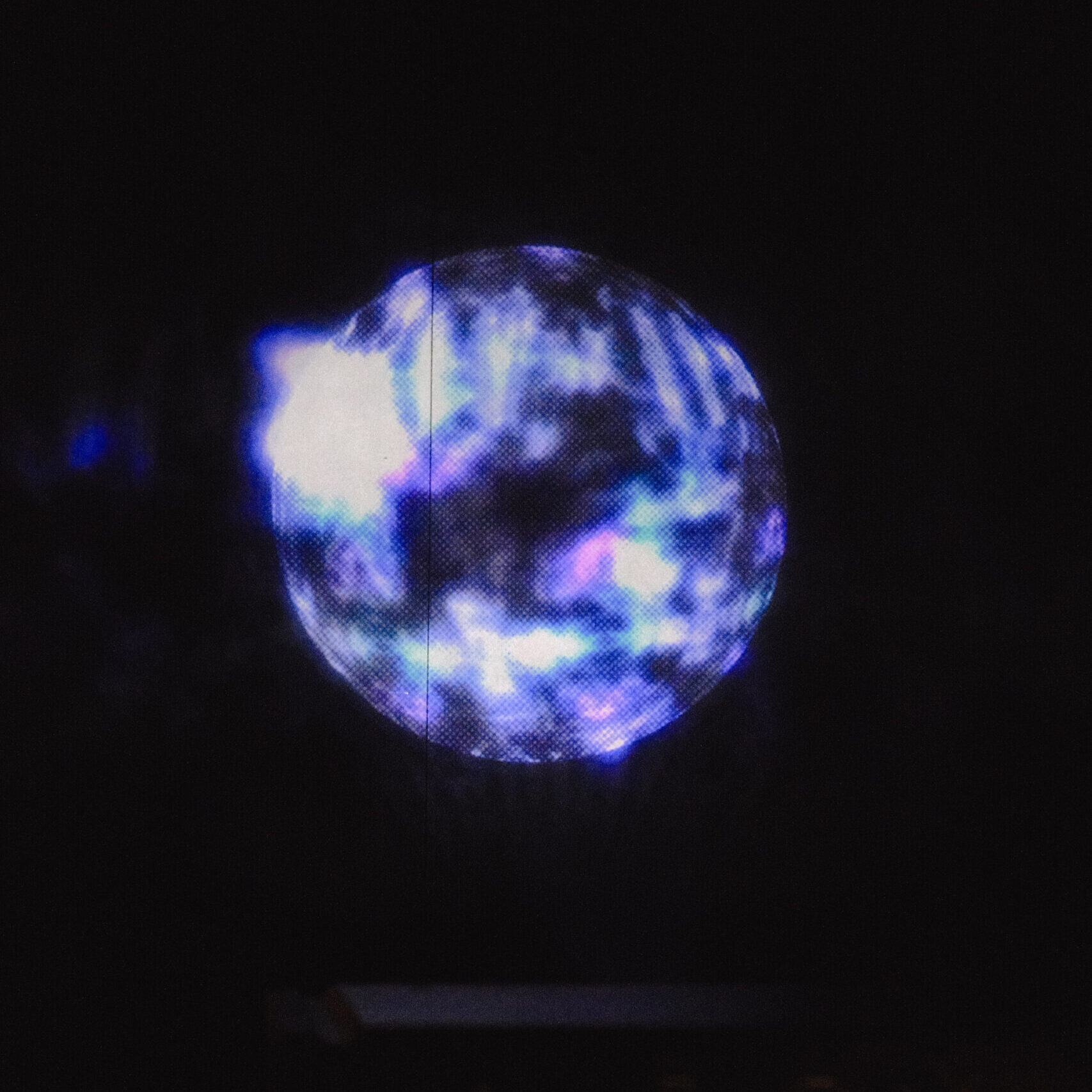
↳ Details
↳ Tags
and that
